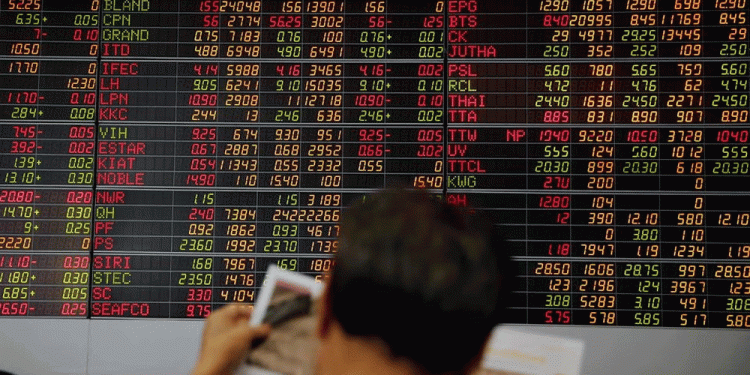Rubber advanced by the most in seven months after trade groups from the world’s top producing nations agreed to take steps to boost prices from five-year lows.
The contract for delivery in March on the Tokyo Commodity Exchange climbed as much as 3.5 percent, the biggest increase since March 11, to 184.9 yen a kilogram ($1,723 a metric ton) and traded at 183.8 yen at 1:14 p.m. in Tokyo.
Industry officials from Thailand, Indonesia, Vietnam, Malaysia and Cambodia and the International Rubber Consortium will refrain from selling below current prices, the group representing 70 percent of global production said in a statement after meeting Oct. 10 in Malacca. Prices from Tokyo to Singapore slumped to the lowest levels in more than five years this month on speculation that demand from China, the biggest consumer, will weaken as its economy slows.
“Futures were bought back as all the major producers agreed to refrain from selling at low prices,” said Masayo Kondo, the president of Commodity Intelligence Ltd., a researcher in Tokyo. “Futures will keep recovering as producers will withhold sales.”
The global surplus will shrink to 43,000 tons in 2015 from 292,000 tons this year as farmers curb output in response to declining prices, according to The Rubber Economist, a London-based industry adviser.
Five-Year Lows
Futures in Tokyo tumbled to 173.8 yen a kilogram on Oct. 3, the lowest since July 2009. Prices inSingapore reached $1,483 a ton the previous day, the cheapest since March 2009, while export rates in Thailand fell to 49.20 baht a kilogram, the lowest since 2008.
China’s vehicle sales grew at the slowest pace in 19 months in September as demand for trucks and buses slumped with the weaker economy, according to data from the China Association of Automobile Manufacturers. Sales including passenger and commercial vehicles rose 2.5 percent from a year earlier to 1.98 million units, the slowest pace since February 2013.
The International Tripartite Rubber Council, which represents government officials, growers and exporters from Thailand, Indonesia and Malaysia, plans to advance a meeting to early November from December to tackle the price slump, Douglas Uggah Embas, Malaysia’s plantation industries and commodities minister, told reporters in Kuala Lumpur yesterday.
The council wants to reduce supplies through long-term new planting and replanting programs and increase demand in road construction, according to a ministry statement. Malaysia welcomes proposals by producer associations to refrain from selling below $1.50 a kilogram, Uggah said.
– Bloomberg




























